A well-aged bottle in your cellar could be a collector's dream. Maybe your palate has changed, you've inherited a cellar with more Bordeaux than you'll ever drink, or maybe that prized vintage has finally hit its stride. When that moment comes, selling it takes more than curiosity and a corkscrew.
Knowing What Your Bottle Is Worth
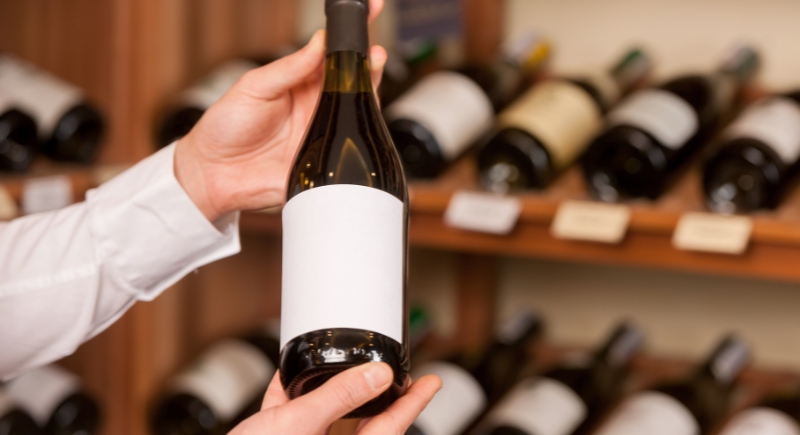
Credit: Getty Images
Before putting a bottle up for sale, it's worth knowing what you're working with. Guessing the price based on what you paid, or what's listed at a fine beverage retailer
—won't cut it for serious buyers. Tools like iDealwine's Price Estimate Database help sellers pinpoint real market value by digging through over three decades of auction results from French-produced vintage sales.
Understanding the Costs
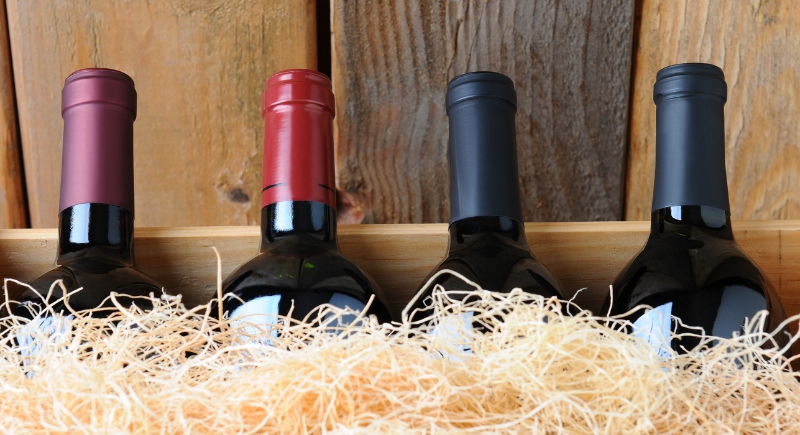
Credit: Canva
Between seller fees, buyer premiums, and those sneaky shipping and insurance costs, a good deal can evaporate before you even see a payout. What looks valuable on paper might be less impressive once commissions, sometimes up to 10%, and buyer markups are factored in. Understanding what gives your bottle its edge helps make a confident sale and keeps you from second-guessing your asking price.
Significance of Physical Attributes
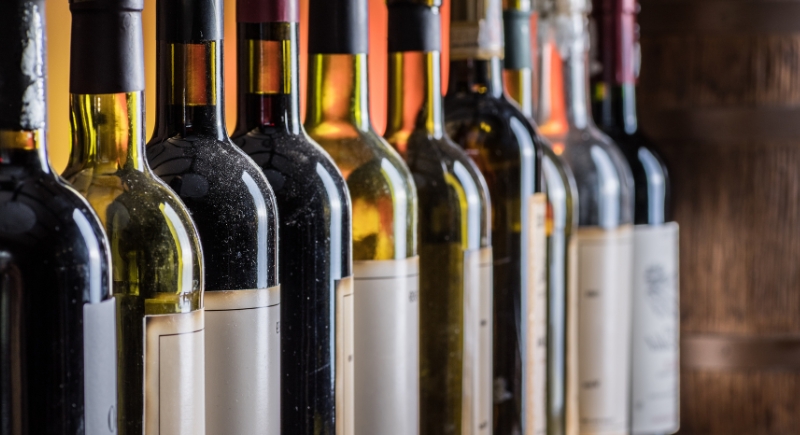
Credit: Getty Images
Details like the bottle's physical condition—especially the fill level, or ullage—help set fair prices and build buyer confidence. Serious buyers and auction houses know the differences. A higher fill signals good storage and low evaporation, which means better preservation of flavor and value. Lower levels can raise red flags and suggest possible oxidation.
Your Drink's Story Helps It Sell
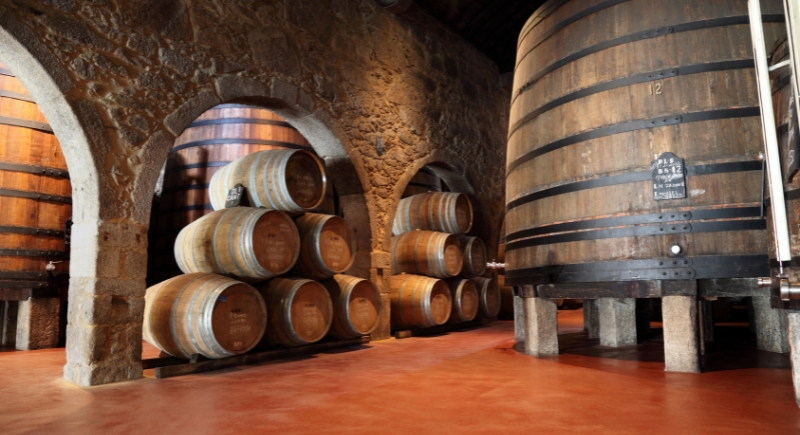
Credit: Getty Images
A beverage’s story can be as valuable as its contents. Buyers want to know its past, whether its previous owner pampered it or forgot it on a dusty shelf. Provenance—the paper trail of where and how the storage conditions were—tells it all. A bottle with a clear history stands out in the market, while those with gaps in their backstory often raise eyebrows.
Terroir and Vinification's Influence
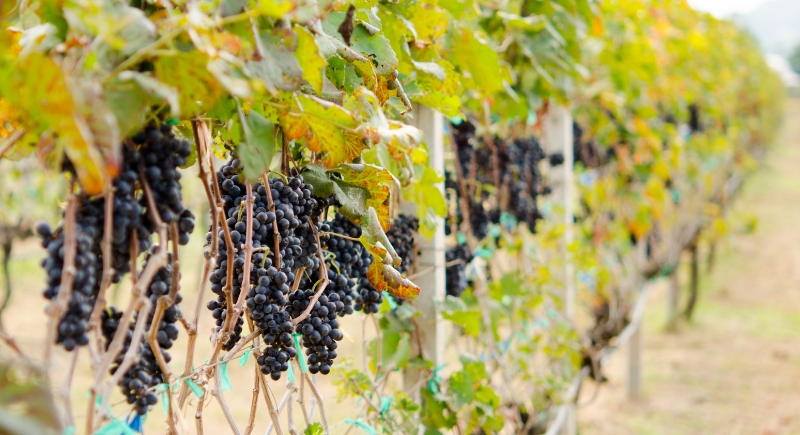
Credit: Canva
Factors like where the grapes were grown—known as terroir—play a major role in shaping taste and value. Soil composition, microclimate, and vineyard location shape the drink’s identity before it hits a barrel. Then comes the grape variety, how the vintage year played out, and whether oak barrels were involved, and you've got a unique flavor profile that collectors notice.
Following the Rules
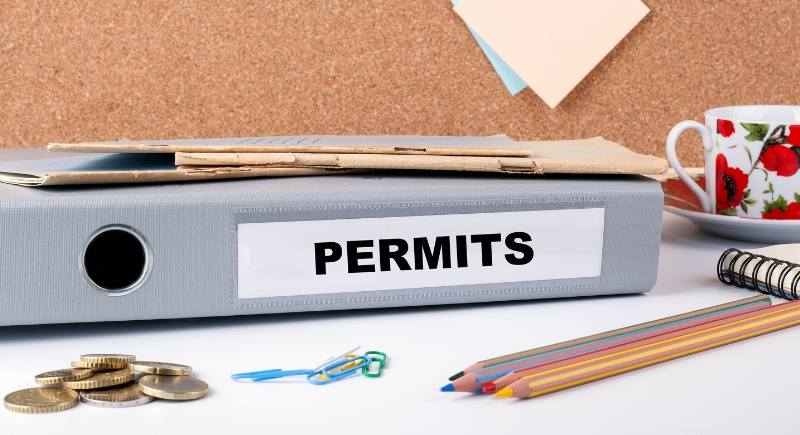
Credit: Getty Images
Before listing anything, know your region's rules and get serious about buyer ID checks. Selling to a licensed buyer like a restaurant might require a separate permit, and no matter who's buying, age verification isn't optional. A quick chat with a local legal expert can save a lot of future headaches—and help keep your vintage venture above board.
Good Places to Auction

Credit: flickr
When selling collectible bottles, auction houses offer a premier avenue for reaching serious buyers and achieving competitive prices. For a streamlined digital route, WineBid and Wine Auctioneer provide online platforms that keep things convenient without compromising reach. Meanwhile, Hart Davis Hart is known for meticulous attention to detail, which helps high-end bottles shine in the U.S. market.
Using a Broker
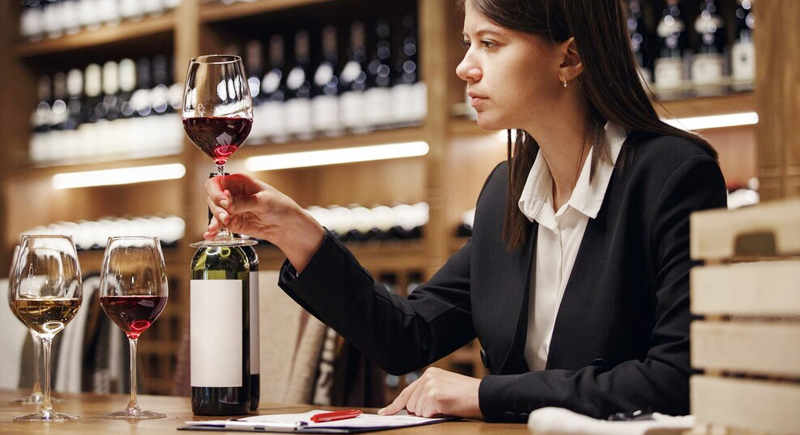
Credit: freepik
Dealing through a broker gives collectors two clear options: wait for the best offer or cash out quickly. With consignment, the broker holds onto the bottle and works to find the right buyer—this usually means a higher return, but patience is key. A direct sale is faster, with immediate payment, though the price may be lower.
The Tricky Laws About Selling
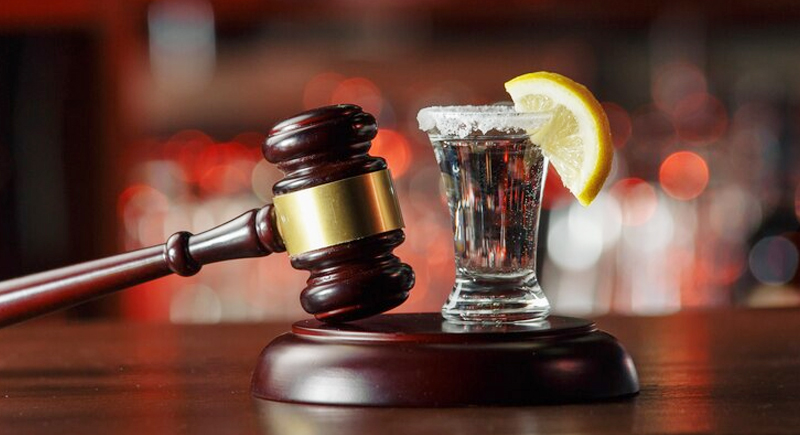
Credit: freepik
In the U.S., alcohol laws differ wildly by state, and even in beverage-friendly places like California, selling your bottles in a retail setting isn't typically allowed, even with a liquor license. Across the pond, in the UK, it's just as strict. You'll need both a personal and premises license to sell legally, and skipping those steps can land you in hot water.
Making the Bottle Look Good
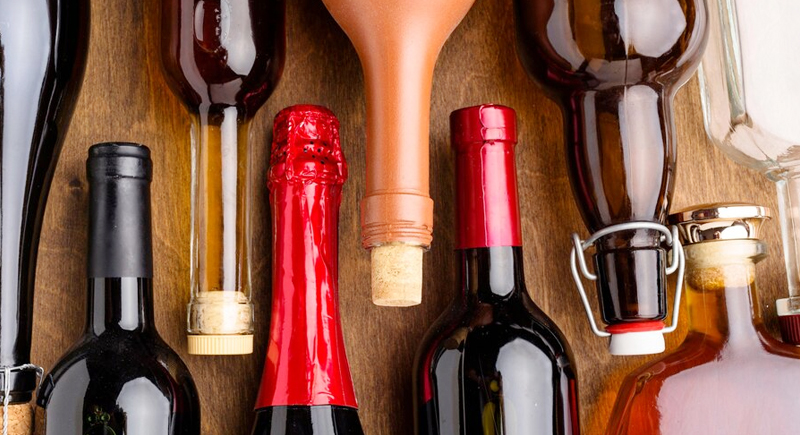
Credit: freepik
First impressions count—even in the high-end beverage world. A spotless bottle and crisp label can be the deciding factor for a buyer. A quick polish with a soft cloth takes care of surface dust, while well-lit, high-resolution photos of the label, capsule, and fill level bring the bottle to life online.
Giving Buyers All the Important Details

Credit: Getty Images
Details matter just as much as visuals. Mention the vintage, producer, region, and any standout accolades. If it's been cellared under perfect conditions, say so. Add anything that sets it apart—small-batch production, a rare bottling, or critical praise. Buyers looking for investment-worthy bottles appreciate transparency, and the more context you provide, the more trust you build.
Getting an Expert Appraisal
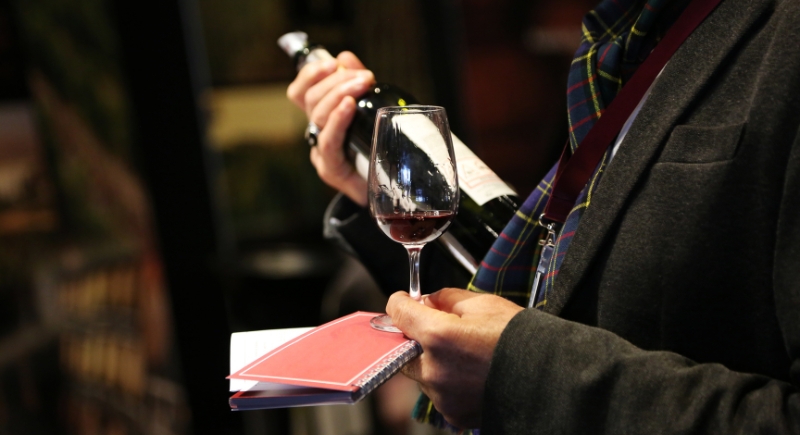
Credit: Canva
An expert valuation gives your credibility, especially if it's an older vintage or a lesser-known label with limited market data. Appraisals also come in handy beyond selling for insurance coverage, estate planning, donations, or settling legal matters. A trained appraiser taps into pricing databases, evaluates provenance, and examines storage impact to provide a trusted snapshot of your drink’s value.
Facilitating Buyer Due Diligence
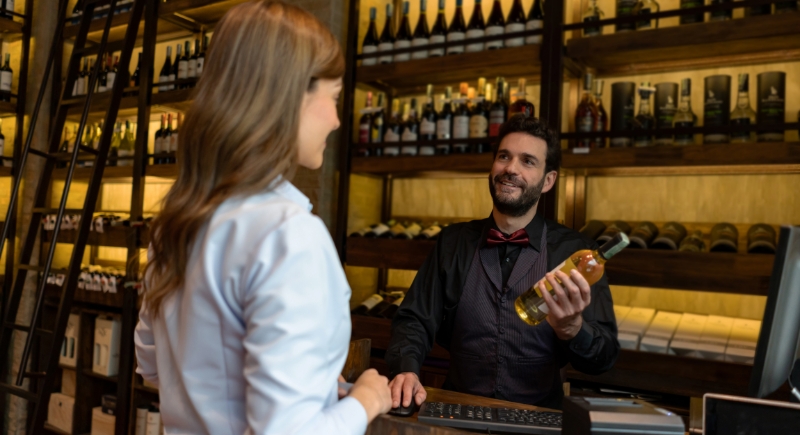
Credit: Getty Images
Buyers are curious creatures; when they express interest, you're stepping into a Q&A session. The more detail you offer, the smoother the path to a deal. Purchase receipts, storage records, and well-lit photos showing the label, capsule, and bottle condition go a long way. Give them the full story, and your bottle will do the rest.
Shipping Safely
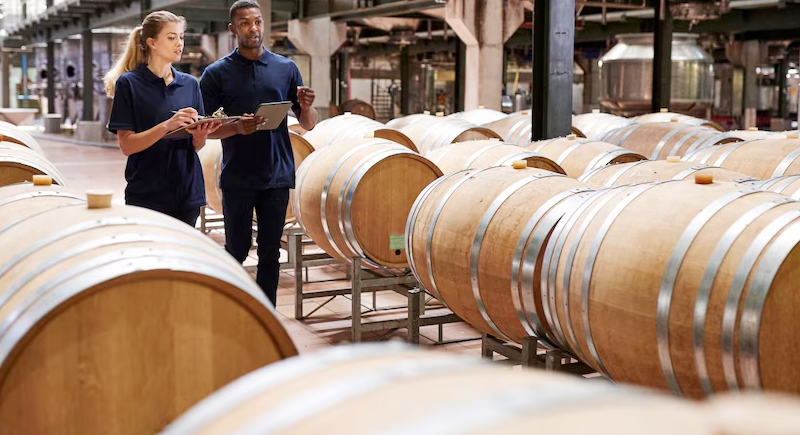
Credit: freepik
Once the deal is sealed, the next challenge is getting that prized bottle to its new home in one piece. Start with a tough shipping box made specifically for beverages, complete with inserts that hug each bottle in place. Wrap each one snugly in bubble wrap or foam sleeves, fill every gap with padding, and label the box clearly.
Insuring Against Loss

Credit: freepik
Insurance is worth every cent for bottles with real value. It guards against the unexpected—like sudden weather shifts, careless drops, or delivery mix-ups. For international buyers, homework is key. Countries have rules on alcohol imports, and missing paperwork can lead to delays or fines.
